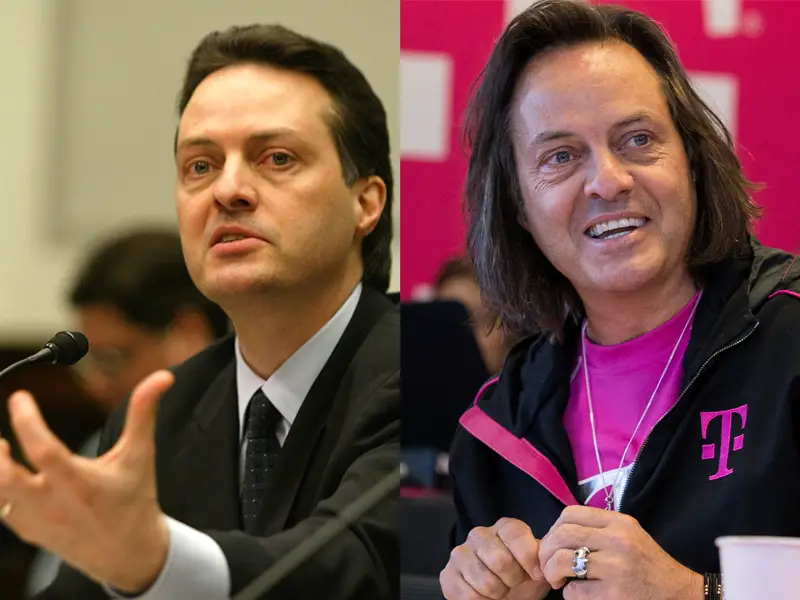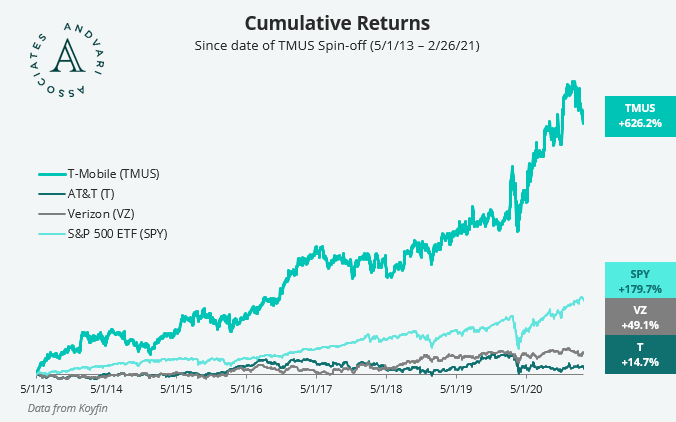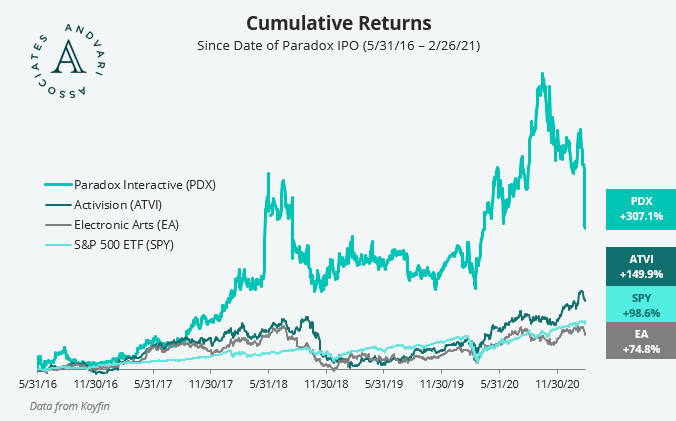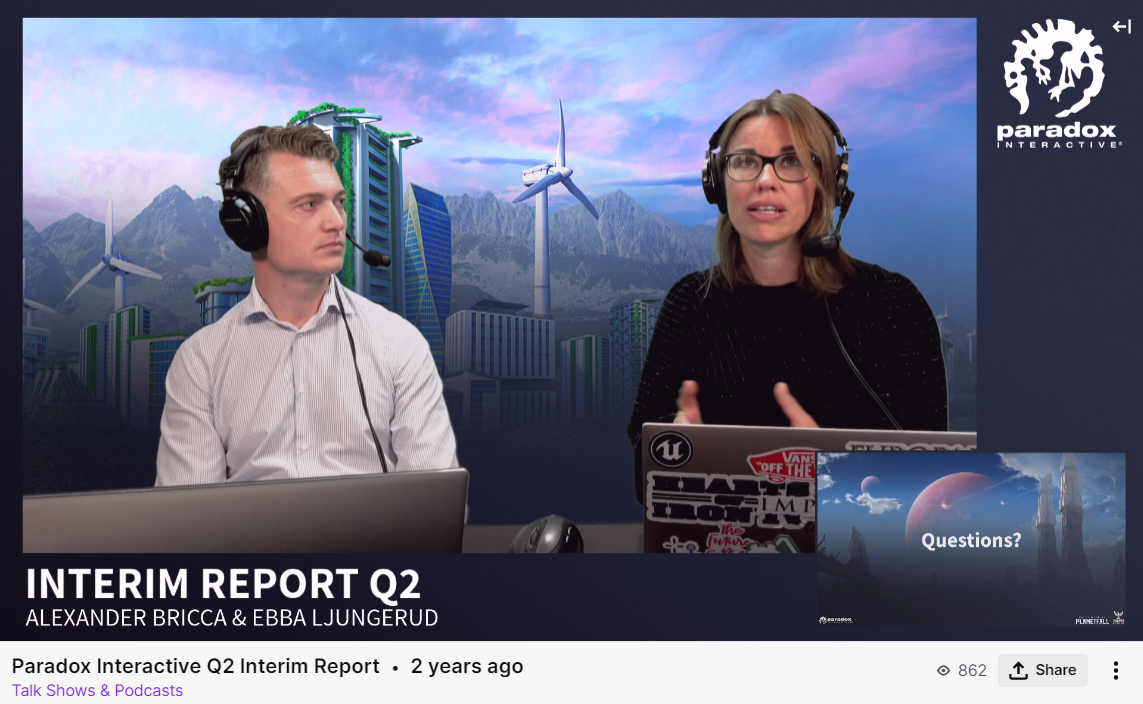To achieve results different than the average, one must actually do something different. One underappreciated way in which companies may differentiate themselves from their peers is in their approach to communicating with shareholders. The way a company tells its story might just be a sign that something special is going on.
The Status Quo
Before we get to examples, let’s remind ourselves of the usual way in which companies communicate with their shareholders:
- The company first issues a press release containing the most recent results of the business;
- An audio-only conference call follows the presser. The CEO and CFO then read their prepared remarks;
- Lastly, the management team takes questions from mostly—and sometimes exclusively—sell-side analysts. Call moderators tend to show some bias (planned or not) in whose questions go ‘on air’.
Sell-side analysts on earnings calls are mostly fixated on the short-term. The nature of many of these questions just allows the analysts to tweak their financial models of the company. Sadly, it’s a rarity for an actual shareholder to ask a question. However, there are some companies and management teams that have chosen alternative ways to engage with their stakeholders.
Bearing the Company Standard
First up is John Legere of T-Mobile. Legere became CEO in 2012 and had the unenviable task of turning around a company that was fourth place among the four biggest wireless carriers. Legere knew the only way to fix T-Mobile was to think and act completely different from Sprint, Verizon, and AT&T. He chose for T-Mobile to become the “Un-carrier”. Legere also transformed himself. He grew his hair long. He started wearing T-Mobile-branded clothing 24/7.

From the standpoint of communicating with investors, T-Mobile began in 2014 to live-stream its quarterly results on Youtube. In doing so it reached a far bigger and more diverse audience than those accustomed to parsing through IR websites. The company also encouraged people to ask questions via Twitter (tweet questions to @TMobileIR). The public could hear and see all the key people running the company. Even, and perhaps especially, the company's CFO wearing a magenta cowboy hat.
During his tenure as CEO, Legere successfully turned around T-Mobile. He doubled its customer base to 67 million and successfully merged with Sprint. Since going public in 2013, shares of T-Mobile vastly outperformed Verizon, AT&T, and the S&P 500.
During his tenure as CEO, Legere successfully turned around T-Mobile. He doubled its customer base to 67 million and successfully merged with Sprint. Since going public in 2013, shares of T-Mobile vastly outperformed Verizon, AT&T, and the S&P 500.

The Grand Strategy
A far less appreciated example is Paradox Interactive, a video game developer and publisher based in Sweden. They’re known for ‘grand strategy and management’ games that are complex and time-consuming (e.g., Crusader Kings 3, Cities: Skylines).
For quarterly updates, the company accepts questions beforehand by email. Like T-Mobile, Paradox also does a live video-stream. Most fittingly, the platform Paradox uses for its updates is Twitch, the dominant live-streaming platform for video gamers around the world. In doing so, we believe Paradox has made a concerted attempt to engage with their core customers as prospective investors. By contrast, Paradox’s huge competitors (Activision, Electronic Arts, Ubisoft, Take Two) do not broadcast their results on the video game streaming platform that millions of their customers use every day.
During the live-stream, Paradox’s CEO and CFO do not read from a script. They speak informally as they explain the results of the business and their plans for the future. They don’t open up the line for questions from sell-side analysts. They answer the questions received by e-mail and take questions live via Twitch. This progressive format shows Paradox is an authentic organization that cares deeply about their games and community of gamers.

Andvari Takeaway
There are plenty of great companies that communicate with shareholders in the typical way, but companies which choose a different path may be worthy of investors’ attention. As Steve Jobs once said,
“The most powerful person in the world is the storyteller. The storyteller sets the vision, values and agenda of an entire generation that is to come.”
His words ring true. If a CEO or founder communicates differently than his/her peers, it may likely be because something about their business is special.
Skillful storytelling is yet another qualitative factor that is a high value signal to Andvari. In the second of this two-part series, we will look at a few companies that take a Berkshire Hathaway-like approach to their shareholder engagement. One company has a quarterly “Earnings Interview” with just one analyst posing questions to management. A few other companies have eliminated a live quarterly Q&A in favor of taking questions by e-mail and publishing their answers later. Stay tuned.
Further Reading:
- “The T-Mobile CEO who calls his competition ‘dumb and dumber’ explains how he doubled customers in 4 years, and how a group of employees made him cry”, https://www.businessinsider.com/t-mobile-ceo-john-legere-interview-2016-10
- “John Legere brought T-Mobile back from the dead. Now he's riding off into the sunset”, https://www.cnet.com/features/john-legere-brought-t-mobile-back-from-the-dead-now-hes-riding-off-into-the-sunset/
-
_________
--
-
_________
-
IMPORTANT DISCLOSURE AND DISCLAIMERS
Investment strategies managed by Andvari Associates LLC ("Andvari") may have a position in the securities or assets discussed in this article. Andvari may re-evaluate its holdings in such positions and sell or cover certain positions without notice.
This document and the information contained herein are for educational and informational purposes only and do not constitute, and should not be construed as, an offer to sell, or a solicitation of an offer to buy, any securities or related financial instruments. This document contains information and views as of the date indicated and such information and views are subject to change without notice. Andvari has no duty or obligation to update the information contained herein. Past investment performance is not an indication of future results. Full Disclaimer.
© 2021 Andvari Associates LLC



